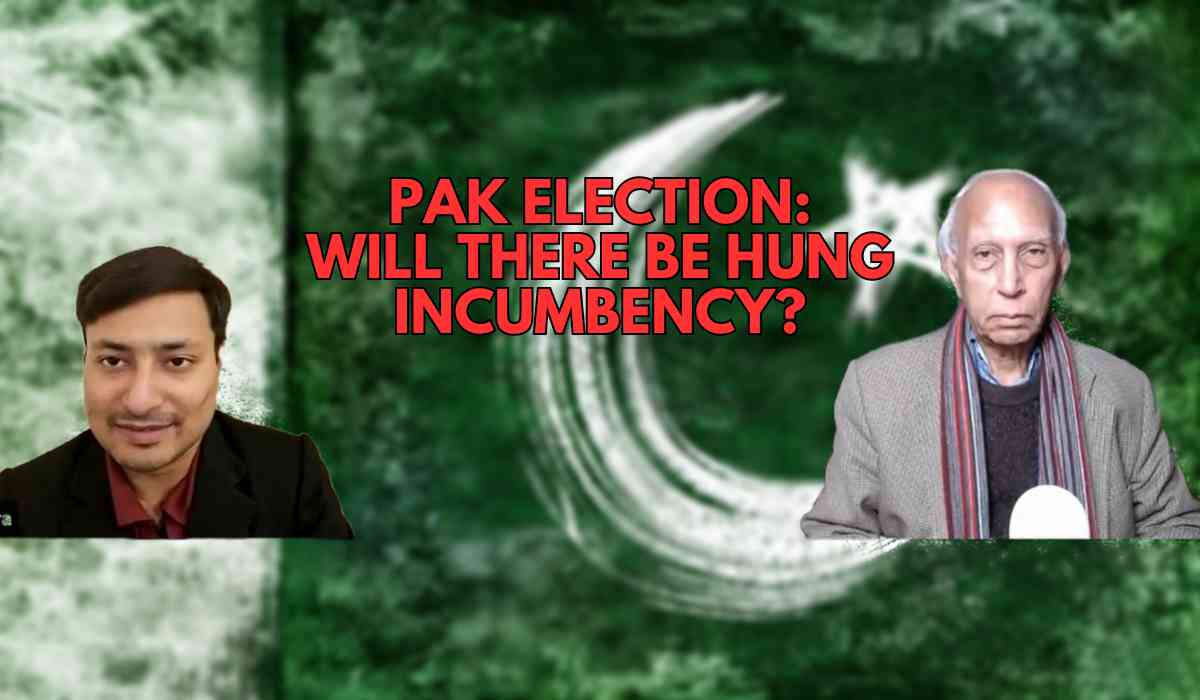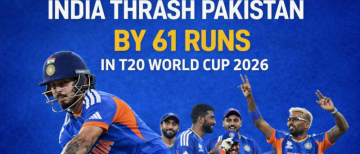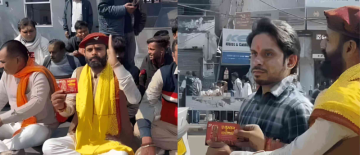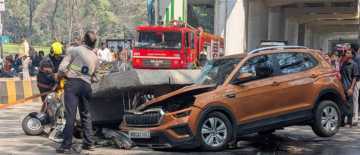In the whirlwind of Pakistan's political landscape, recent events have left many scratching their heads. The delayed announcement of election results, allegations of rigging, and the intricate dance of political alliances have all contributed to a climate of uncertainty. As the dust begins to settle, one question looms large: Will there be a hung incumbency?
Joining us for a deep dive into this political labyrinth is none other than Pakistan-origin South Asian Diaspora and Politics expert Dr. Ishtiaq Ahmed, a Professor Emeritus at Stockholm University. With his expertise in South Asian politics and a keen eye for the dynamics between religion and governance, Professor Ahmed is the perfect guide through this maze of intrigue.
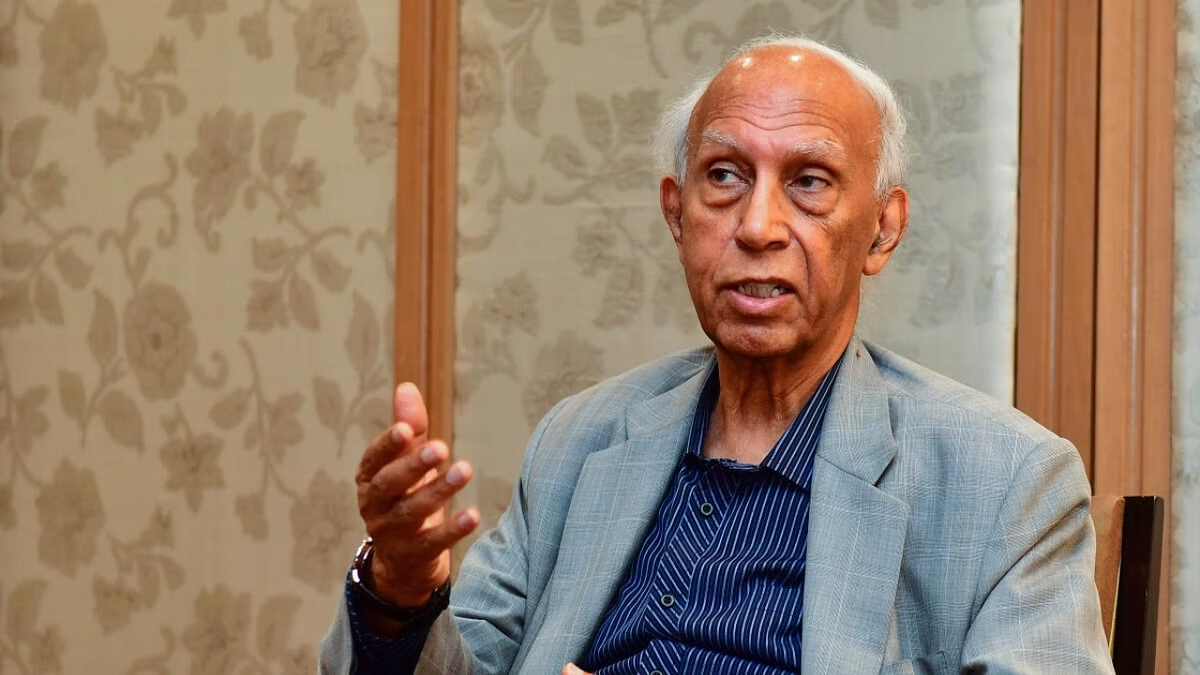
Understanding the Mystery of Delay:
The conversation kicks off with Ayanangsha Maitra probing Dr. Ishtiaq Ahmed with a poignant question: Why the delay in announcing election results? Dr. Ahmed calmly points out that rigging allegations are nothing new in Pakistani elections, with almost every past election tainted by such accusations. However, the magnitude of the delay and the internet blackout during the crucial period has raised eyebrows and sparked legal challenges.
PTI's Surprising Performance:
Despite the odds stacked against it, the Pakistan Tehreek-e-Insaf (PTI) has emerged as a formidable player in the political arena. Mr. Ahmed acknowledges the PTI's strong showing, which has even surprised the military establishment. The PTI's defiance in the face of alleged rigging and its strategic political manoeuvring has earned it a significant number of seats, making it a key player in the post-election scenario.
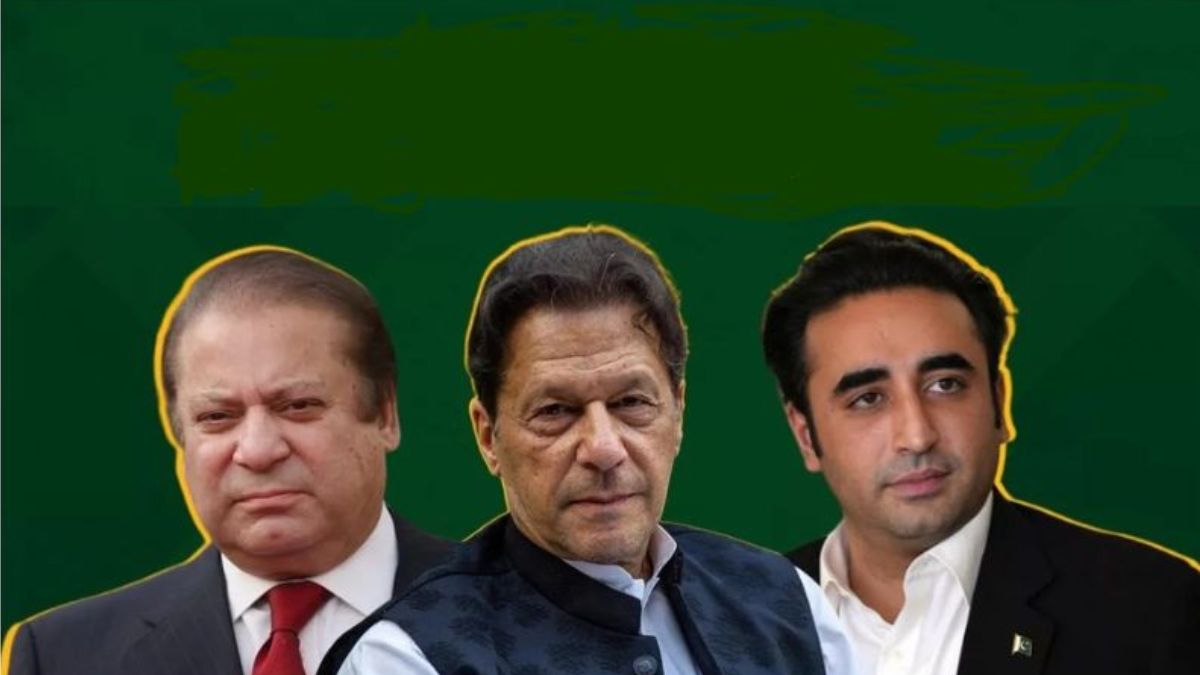
Coalition Talks and Power Dynamics:
As discussions veer towards potential coalitions, Mr. Ahmed sheds light on the ongoing negotiations between various parties. The Pakistan Muslim League-Nawaz (PML-N), Pakistan Peoples Party (PPP), and others are exploring the possibility of forming a coalition government. However, the dynamics remain fluid, with questions lingering over who will assume the prime ministerial role and how power-sharing agreements will pan out.
Challenges on the Economic Front:
The conversation takes a sobering turn as the focus shifts to Pakistan's economic challenges. Dr. Ahmed paints a grim picture, highlighting the country's mounting debt, dwindling foreign support, and the devastating impact of natural disasters. With no easy solutions in sight, the incoming government faces an uphill battle to revive Pakistan's economy.
Foreign Policy Dilemmas:
Foreign policy emerges as another battleground, with competing interests pulling Pakistan in different directions. Dr. Ahmed underscores the delicate balancing act required to navigate relations with the United States, China, and other global players. The incoming government must tread carefully to secure much-needed economic aid while safeguarding Pakistan's strategic interests.
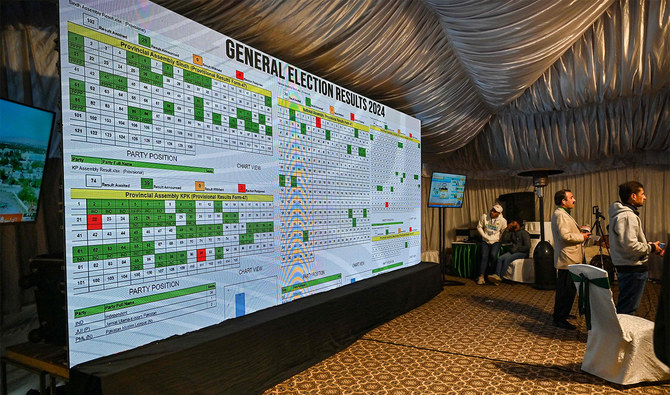
The People's Voice:
Throughout the conversation, Ayanangsha Maitra and Dr. Ishtiaq Ahmed reflect on the role of the Pakistani electorate. Mass frustration with the status quo, coupled with a desire for change, has fueled voter turnout and reshaped political dynamics. However, the extent to which this sentiment translates into tangible policy shifts remains to be seen.
As the conversation draws to a close, one thing is clear: Pakistan's political landscape is as complex as ever. With coalition talks underway, economic woes looming large, and foreign policy dilemmas on the horizon, the road ahead is fraught with challenges. Yet, amidst the uncertainty, one thing remains certain: the Pakistani people's voice will continue to shape the nation's destiny, for better or for worse.
Image Source: X
© Copyright 2024. All Rights Reserved Powered by Vygr Media.

